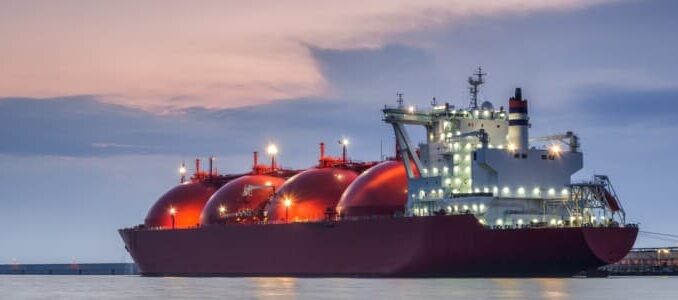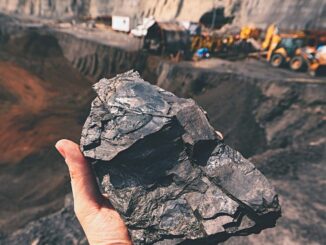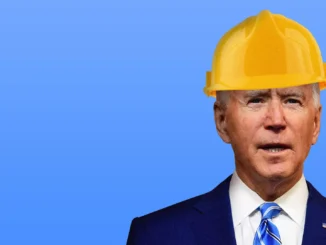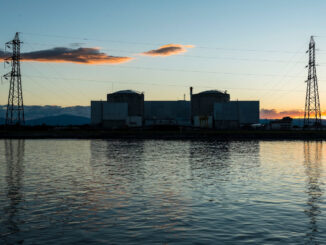
- Germany may struggle to reach adequate levels of gas storage by winter despite a $15.7 billion credit line.
- If Germany does not start conserving gas immediately, it could face shortages through autumn, winter, and next spring.
- On July 11th, the regular maintenance of Nord Stream will stop all supply from the pipeline for two weeks.
The $15.7 billion (15 billion euro) that Germany has extended as a credit line for gas purchases this summer may not be enough to help Europe’s biggest economy reach adequate levels of gas storage by the winter, according to the head of the German federal network agency, Bundesnetzagentur.
If Russian gas to Germany stops flowing after the end of Nord Stream’s regular two-week maintenance beginning on July 11, the country would see gas shortages through the autumn, the winter, and next spring, the agency’s president Klaus Müller told WirtschaftsWoche magazine in an interview published on Monday.
If Germany wants to avoid a massive shortage, it must start conserving gas immediately, not only in the winter, Müller added.
The money the government has set for gas purchases to fill storage to 80-90% by the winter may not be enough because of rising natural gas prices in Europe, he added.
Europe’s biggest economy—which is also the biggest customer of Russian gas—is struggling to secure gas supply after Moscow drastically cut deliveries to Germany via Nord Stream in the middle of June.
Before the Russian invasion of Ukraine, Germany was importing 40 percent of its natural gas from Russia.
Since Russia reduced supply to Germany and other major consumers in Europe, gas providers and buyers in Germany have been struggling with surging prices of non-Russian gas, which is severely burdening company finances.
Case in point: German energy giant Uniper, one of the largest customers of Russia’s Gazprom, said last week it had initiated talks with the German government on possible measures to stabilize its finances amid low Russian gas deliveries and soaring gas prices, including possible guarantees, credit a facility, or equity investment.
Last month, Germany triggered the second phase of its three-phase gas emergency plan as it braces up for the possibility of a complete halt of gas supplies from Russia via the Nord Stream pipeline. Germany is racing to implement emergency measures before July 11, when the regular maintenance of Nord Stream will stop all supply via the pipeline for at least two weeks.
Source: Oilprice.com



